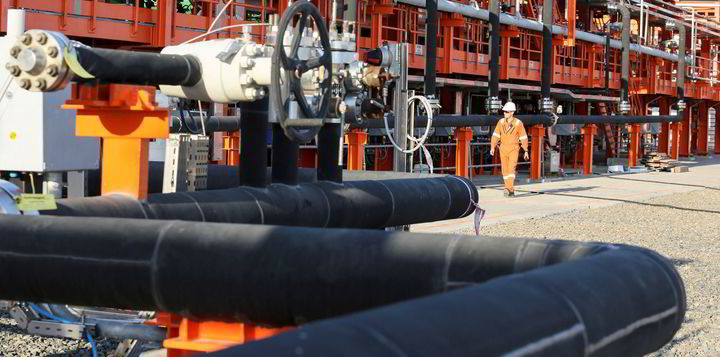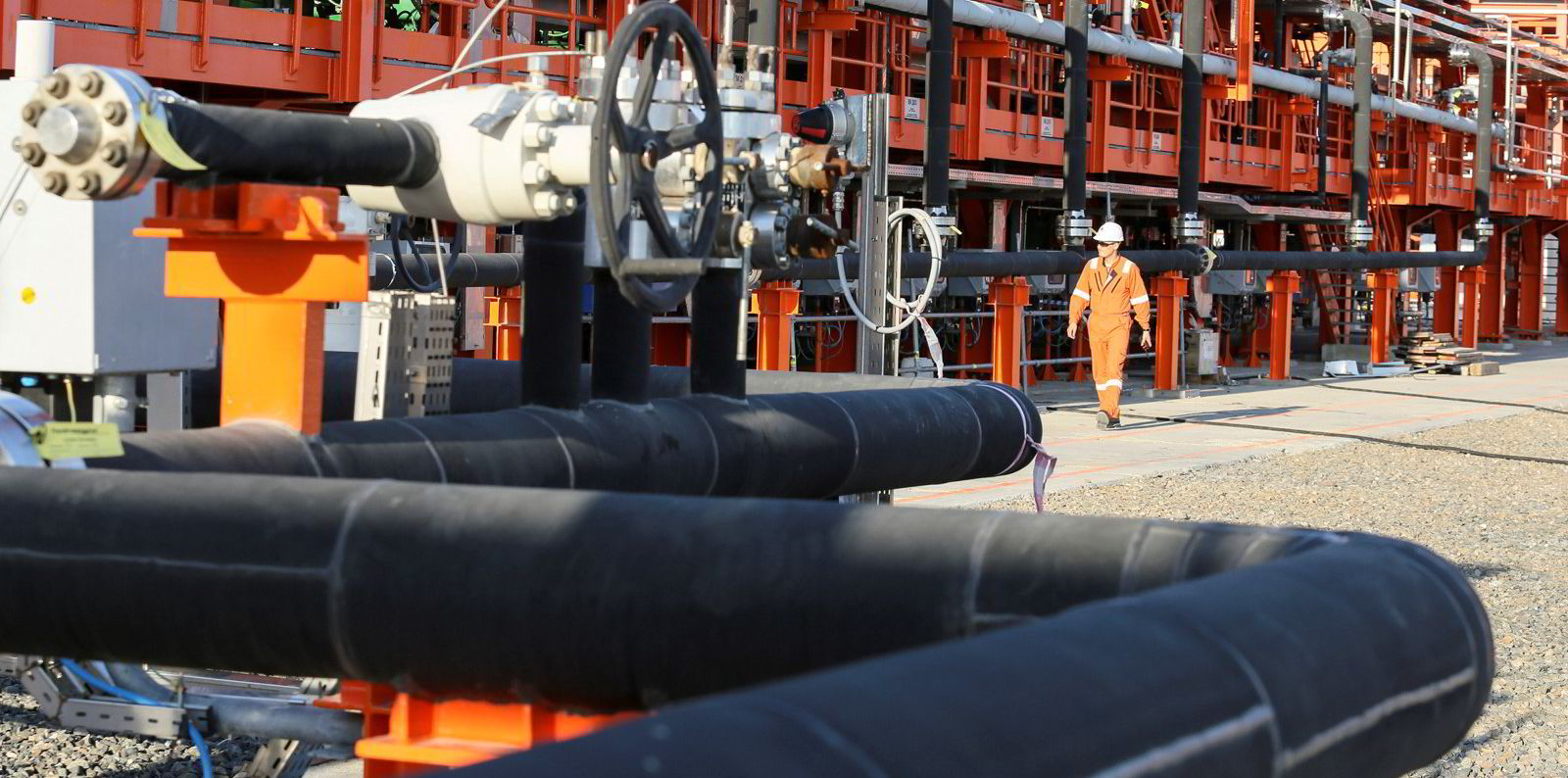Kazakhstan authorities have resolved to tighten operating conditions for the country’s foreign-led oil and gas developments and possibly raise its equity interest in its largest offshore project, Kashagan.
The Kazakh Environmental Ministry told Bloomberg that it has filed several claims against Kashagan operator North Caspian Operating Company (NCOC) totalling around 2.3 trillion tenge ($5.1 billion) after inspectors uncovered “numerous” environmental permit violations earlier in March.
The violations are reportedly centred on the amount of sulphur in storage next to the project’s oil and gas processing onshore plant in Bolashak.
Inspectors reportedly assessed the current volume of sulphur in storage at 1.7 million tonnes against a previously permitted amount of 700,000 tonnes, according to Kazakh energy industry social networking channel Energy Monitor.
Neither the ministry nor NCOC had responded to Upstream’s requests for comment by the time of publishing
NCOC produces oil and associated gas with a high content of hydrogen sulphide from deep layers at the Kashagan field in Kazakhstan’s Caspian Sea waters.
Article continues below the advert
The hydrocarbons are pumped to the large onhsore processing plant at Bolashak, where unwanted components are removed and hydrogen sulphide is converted into elementary sulphur that can be exported or stored onsite in dedicated reservoirs.
According to the operator’s environmental filings, the processing trains have capacity to produce 4180 tonnes per day of sulphur.
High stakes
The ministry’s claims against NCOC come amid suggestions that the government is looking to increase its stake in the Kashagan development.
Oleg Chervinsky, publisher of Kazakh oil industry journal Petroleum, suggested that the government may be flexing its muscles in a “complex game” with Kashagan’s foreign investors — Eni, Shell, TotalEnergies and ExxonMobil — with the aim of pushing them to reduce their stakes in the project and enable state controlled KazMunayGaz to increase its current 16.9% shareholding.
Chervinsky cited a precedent in which two criminal investigations followed environmental claims against the operator of Kazakhstan’s Karachaganak condensate and gas development in 2010.
Authorities dropped the claims two years later after KazMunayGaz obtained a 10% shareholding in Karachaganak.
KazMunayGaz has been booking increasing revenues recently from the sale of hydrocarbons based on its equity interests in Kazakhstans three major foreign-led projects — Tengiz, Kashagan and Karachaganak — as its own assets remain heavily depleted.
The Tengiz, Kashagan and Karachaganak operators, as well as Kazakhstan’s other producers, also face the prospect of a major increase in transportation expenses later this year.
KazMunayGaz’ oil pipeline operator subsidiary KazTransoil last week announced that its handling tariffs for both export and transit oil shipments are set to rise to as much as three-times the current amount from 1 May.
The increases will apply to oil shipments entering the Caspian Pipeline Consortium-operated network — the country’s largest oil export route— and cargoes destined for China via the existing pipeline network.
Tengiz, Kashagan and Karachaganak rely on the Caspian Pipeline Consortium network for their exports.

